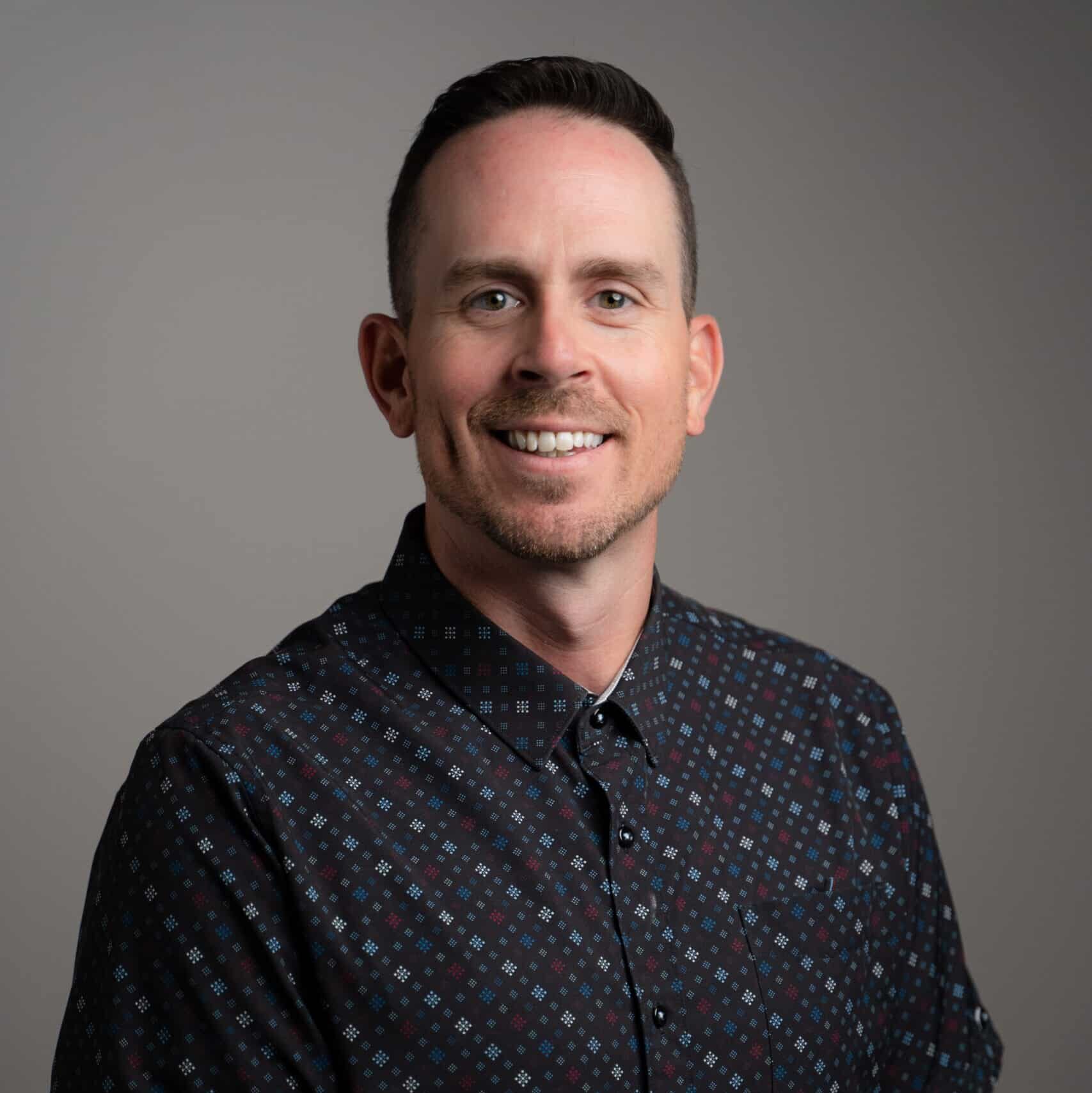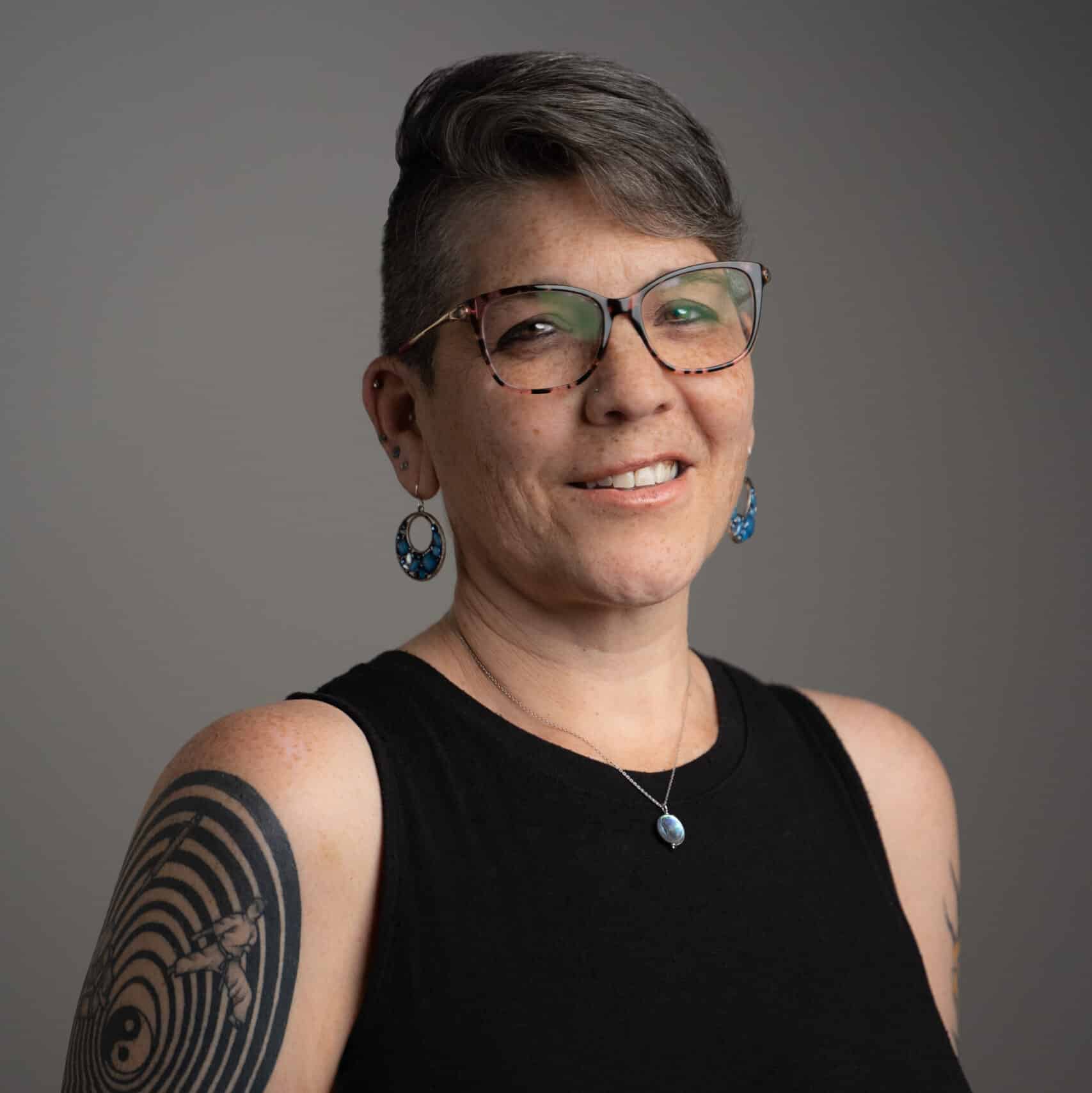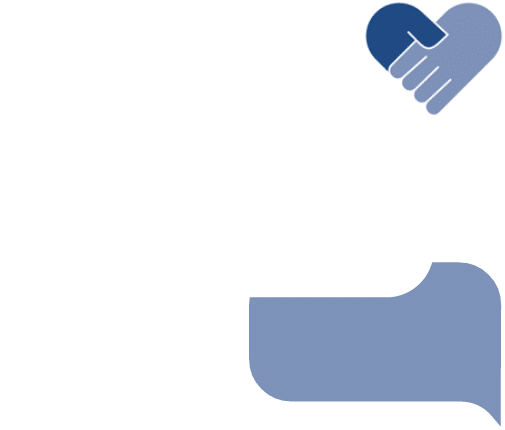Intervention Services in South Dakota for Addiction and Mental Health Disorders
With Our S.A.F.E.® (Self Awareness Family Education™) Addiction and Mental Health Intervention Services Families learn they do not have to wait for their loved one to Want Help or Hit Bottom
If you look back on your life with your loved one who needs help, it wasn’t always this way. There was probably a time when they did not control your every thought and emotion with their behaviors and choices. Constant worry keeps you up at night, and families sometimes argue and fight over what should be done. Some will say there is nothing you can do about it until your loved one wants help or hits bottom; others will say let them go and cut them off. Regardless of where the family is at, the family not being on the same page is primarily, in part, the problem. Families focus on the person with addiction and mental health struggles and rarely focus on their needs. As you wait for your loved one to want help or hit bottom, your family needs help and is near the bottom, so why can’t the family seek help first?
Families in South Dakota and elsewhere can seek help first and must make the first move because their loved ones will not. We know this because you are on our addiction and mental health intervention services website. Some want and accept help without a formal intervention, and those who do this have had some form of intervention. Nobody wakes up, lists all the great things in their life, and says that today is a great day to go to treatment. People who want help have been brought to a crossroads of realization. The realization is knowing that the consequences of the lifestyle are more significant than the benefits of the lifestyle. When your loved one is not getting there on their own, your family needs to initiate the intervention that will take place at some point anyway. If your family does not intervene before they want help or hit bottom, society will. The lifestyle of an alcoholic or someone who has a drug addiction or mental health disorder is unsustainable. As the intended patient takes their family with them, they are moving closer and closer to an intervention where there is no coming back. Your family has two options at this point. The first is allowing things to continue while you hope and pray, they do something without intervention. The second option is initiating the intervention to allow your family some level of control over the outcome by helping them reach their bottom on your terms rather than theirs. The best gift you can give yourself is the closure of knowing you did everything you could to help yourself and your loved one. The best gift you can give your loved one is your whole family stepping back and offering them a second chance while making the changes where they see the need for help, ask for it, and want it.
Meet Our Experienced Intervention Counselors

Mike Loverde, MHS, CIP
Clinical Director & Founder, Family First Intervention



Lisa Loverde, CADC
CFO & Compliance Officer



Adam Faulkner
CEO



Regina Greene, MS, NLP, Psy.D. (Doctoral Candidate)
Director of S.A.F.E.® Family Recovery



Lydia Negron, MT-BC
S.A.F.E.® Family Recovery & Post Intervention Support



Meghan Gaydos, MA
S.A.F.E.® Family Recovery & Post Intervention Support
An intervention is not about how to control your loved one with a substance use or mental health disorder; it is about learning how to let go of believing you can.
How our Intervention Services in South Dakota Help Families with loved ones with Alcoholic, Drug Addiction, and Mental Health Concerns
Almost every addiction and mental health intervention services company has a primary focus on getting your loved one into treatment. Unfortunately, this is all that is focused on and is not an intervention. Talking to someone and inspiring them to go to treatment is not an intervention but a free service called a twelve-step call. Any member of a twelve-step group will come and do that free of charge, and your family should not be paying for that. Professional addiction and mental health intervention is a process, not an event. The process requires a professional to guide the family through their recovery from the addiction and mental health of their loved one. Intervention resources in South Dakota are slim, let alone an intervention company that offers a complete family curriculum. Our S.A.F.E.® Intervention Services focuses on the family first, then your loved one. If we only focused on our loved ones, we would only address a small part of the damage. Families go through as much, if not more than the intended patient does. Focusing only on the person going to treatment would be selfish for the intended patient and their family.
Like most interventionists, we do speak with your loved one. Unlike most interventionists, that is the process’s smallest and most straightforward part. When families retain our addiction and mental health intervention services, they are the primary focus, not the intended patient, but why? Because whether your loved one accepts help or not, the family must do something different. If your loved one chooses to destroy themselves, the family has the option of not being destroyed with them. We are not talking about tough love and kicking them to the curb. We are discussing detachment with love, family boundaries, and accountability towards your loved one and their behavior and choices. So much emphasis is on the intended patient and the diagnosis. Is it addiction, mental health, or both? The focus needs to be on the behaviors and the resistance to treatment. The treatment center they arrive at will take it from there. Remember, people do not change unless the consequences of the current situation become more significant than the perceived benefits. The fear of the unknown if change occurs is a concern for many. Our addiction and mental health intervention services in South Dakota and elsewhere help families understand this and overcome this obstacle. Our groups and one-on-one sessions with the family after the intervention continue to help families see the behaviors and manipulation of their loved ones. Our S.A.F.E.® curriculum helps you identify your unhealthy behaviors and family system roles and how they were counterproductive to growth and change for yourselves and your loved one.
The hardest part of the intervention services process is before and after the intervention. Most families fear intervention and rarely realize how difficult it is to work with them beforehand and afterward. Families need help because agreeing to the intervention is challenging, and how family behaviors and emotions come out afterward is why you are afraid for things to change. We must focus on the family; doing it any other way would be a disservice to you, your family, and your loved one.
Interventionist for Families in South Dakota
Families in South Dakota are aware of the limited resources available for interventionists and treatment for addiction and mental health. We often must escort the intended patient elsewhere to ensure they receive proper treatment for their specific situation. Many interventionists in South Dakota and elsewhere work for treatment centers and rely on treatment centers to send them business. At Family First Intervention, we work for your family and your loved one because you call us. Occasionally, a treatment center will contact us and ask us to help a family they are working with. In those cases, we still prioritize the family and family recovery while allowing the intended patient to enter the treatment center.
Interventionists should be professionals with a large support staff. Any time you go with the solo interventionist, you risk many things being missed. How will they help you after the intervention? Will they be the right fit for your family and your loved one? Are they unbiased on the treatment selection, and will they consider what is best for everyone? These are just a few questions a family should consider when choosing an interventionist in South Dakota or anywhere else. Addiction and mental health interventions must address the entire family, not only the intended patient. Families who get better with their loved ones significantly increase the likelihood of a successful outcome for their loved ones.
“The most formidable challenge we professionals face is families not accepting our suggested solutions. Rather, they only hear us challenging theirs. Interventions are as much about families letting go of old ideas as they are about being open to new ones. Before a family can do something about the problem, they must stop allowing the problem to persist. These same thoughts and principles apply to your loved one in need of help.”
Mike Loverde, MHS, CIP





